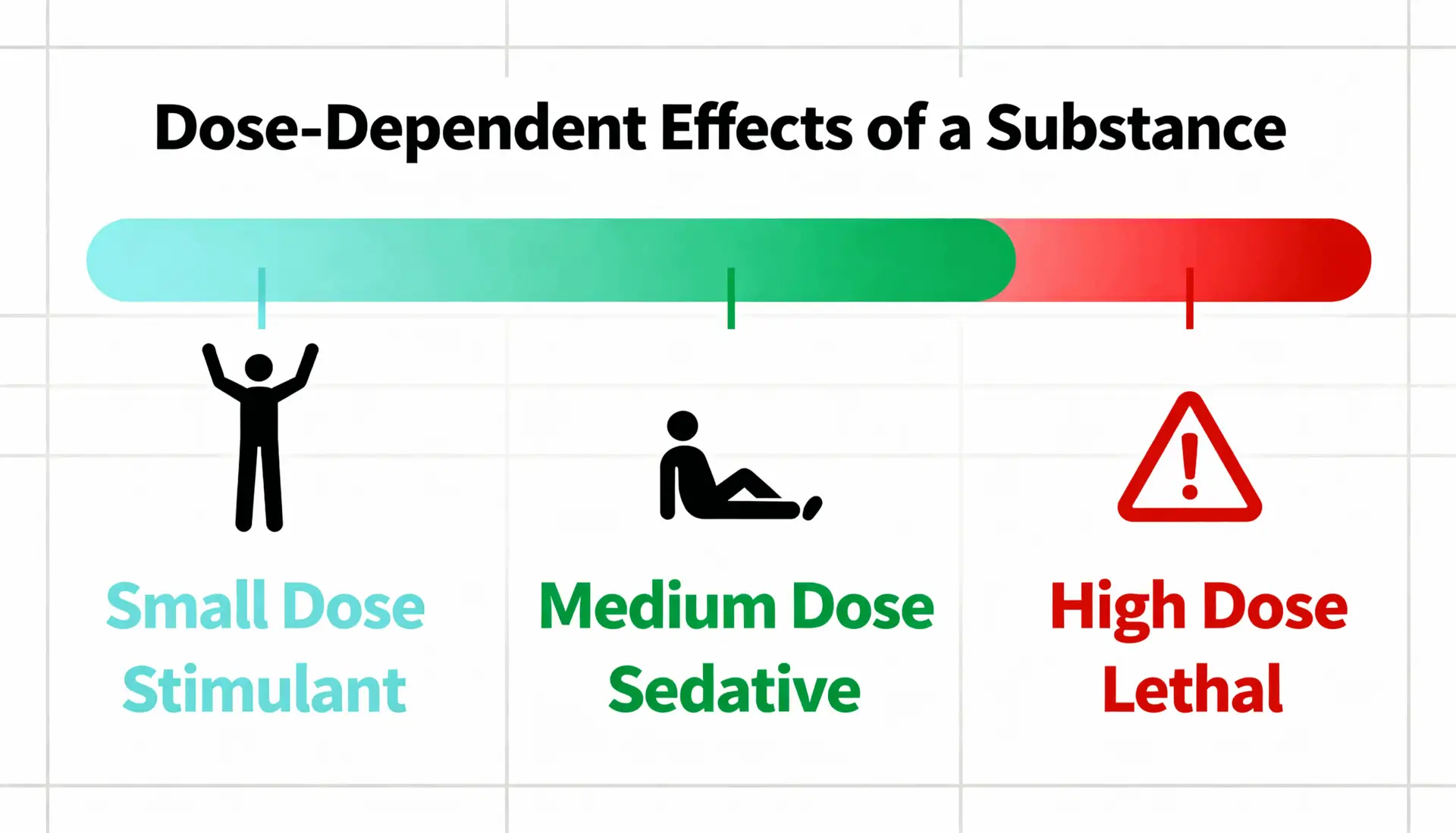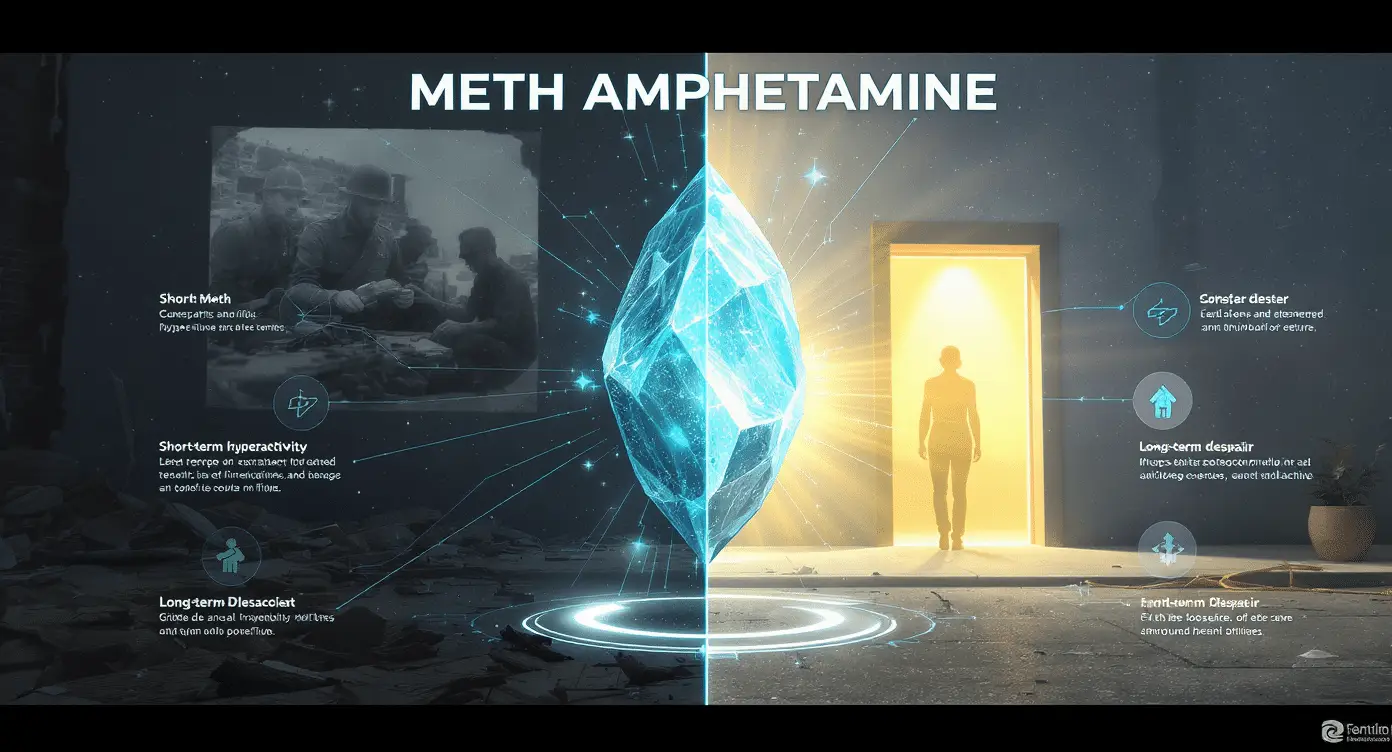Drug addiction often begins silently. Before someone realizes what’s happening, warning signs are already present. Learning to recognize these early signals is the first step in preventing long-term damage—both for the individual and their family.
Step 1: Watch for subtle behavioral changes
People struggling with early-stage addiction often change their behavior before anything else. They may:
- Withdraw from family or old friends
- Become irritable or anxious for no clear reason
- Lie about where they’ve been
- Avoid eye contact or become secretive
Even small shifts in mood or energy levels—especially if they happen repeatedly—may indicate substance use. Learn to trust your instinct when something feels off.
Step 2: Notice changes in appearance and routine
Addiction takes a physical toll. Look for:
- Sudden weight loss or gain
- Bloodshot eyes or frequent nosebleeds
- Neglect of hygiene (unwashed hair, dirty clothes)
- Frequent fatigue or sudden bursts of energy
Skipping meals or staying up all night are other red flags. A person who once valued routine may become chaotic or unpredictable.
Step 3: Look for signs of financial strain
Addiction is expensive. In the early phases, users may:
- Ask for money with vague excuses
- Sell personal belongings
- Take on unexpected debts
- Steal from friends or relatives
Sudden financial trouble without a clear reason is a serious indicator. Families often overlook this, blaming inflation or temporary hardship.
Step 4: Monitor academic or work performance
One of the first areas affected by substance use is productivity. Signs include:
- Missing deadlines or skipping classes
- Loss of motivation or frequent sick days
- Negative feedback from teachers or supervisors
- Declining grades or poor job performance
If these issues appear in someone who used to be reliable, substance use may be part of the cause.
Step 5: Identify emotional instability or denial
Early addiction is often wrapped in strong emotions—guilt, fear, or defensiveness. People may:
- Overreact to small problems
- Blame others constantly
- Minimize their use (“It’s not that bad”)
- Refuse to talk about their behavior
Denial is a hallmark of addiction. Facing it early can prevent tragedy.
Frequently Asked Questions: Recognizing Signs of Addiction
Can someone be addicted without realizing it?
Yes. Many people begin using substances to relax or escape stress and don’t realize they’re developing a dependency until it’s advanced.
Is mood swing a sign of drug use?
Sudden mood changes—especially when unprovoked—can be early indicators of substance use, particularly stimulants or depressants.
Are teenagers at higher risk of hiding addiction?
Absolutely. Teens often conceal use out of fear of punishment or shame. That’s why early detection is critical.
What should I do if I suspect someone is addicted?
Don’t accuse them. Start by gathering information and speaking with a professional. Narconon Europe offers guidance for families in need.
To learn more about how to help someone before it’s too late, explore our prevention and education resources:
👉 Drug Education & Prevention Materials
External reference:
According to Drugs.ie, Ireland’s national resource on drugs and alcohol, early signs of addiction include noticeable changes in behavior, secrecy, and financial problems.



